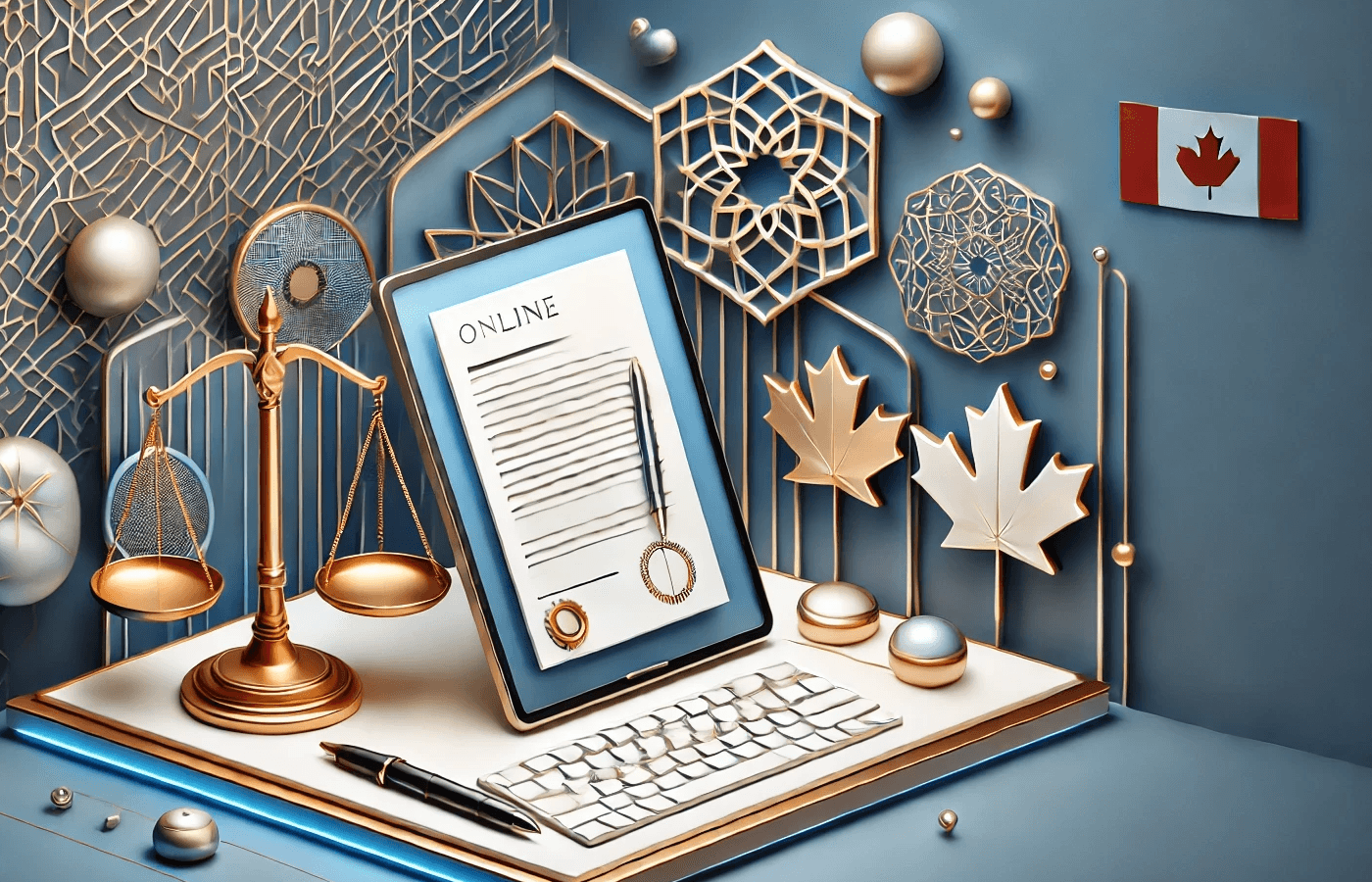Tags:
wills

In the last article, we covered some basic questions you might have about your will including why you need a will, what happens if you die without a will and how a will is used after you die.
Here, we’re going to be diving a little deeper into the topic of wills to help you understand the execution of a will and the importance of having one.
Ok, I have a will. Now, where do I store it?
In Canada, residents living in British Columbia can store their will online. All other Canadians must have a physical hardcopy, but can’t have multiple copies of their will that they distribute to family members. The original signed physical copy of your will is legally valid.
You should make sure that the original copy of your will should be stored somewhere safe and accessible to your executor. If you choose to keep your will at home, it’s recommended that you leave it in a fireproof box or bag and keep it away from moisture, direct sunlight or anything that may impact the paper and ink. Your documents need to be legible for your executor and any institution that may need to see them. A safety deposit box is a good option, but make sure that your executor or family has access to it when you pass away.
Do I need to update my will?
The thing about a will is that it’s not a one-time document. It’s something that you have to update as life continues to happen. Milestones like a new baby, the purchase of a home, marriage or divorce are all events that can affect your wishes. You don’t want an outdated will that could end up with someone you’re no longer associated with such as a former spouse or a common-in partner.
To update your will, you can add-on to your existing will or you can execute a new will that revokes the previous version altogether. You can also make alterations to your will by crossing out or adding to the paper copy with a pen. When making this type of alteration to your will, you sign next to the change you made with two witnesses who also sign next to your signature.
But who can be a witness as you sign your will? Your witness can be any two adults. But, the witness cannot be a beneficiary of the will, the spouse of the beneficiary at the time of singing or a minor.
Assuming you’ve created your will already, what should you do after it’s created?
Once your will has been signed and stored, there are a couple of things you should consider doing.
Set a reminder to update your will: It’s safe to say that you should set a reminder every 6–12 months to update your will as life changes. This way, your will stays updated with your current wishes.
Talk to your executor. Let them know that you picked them as this is a big responsibility! You want to make sure they’re aware and avoid surprises down the road, Inshā Allah having this conversation early on will make the process easier for everyone.
Tell your executor where the will is located. Now that they know that they are the executor, they must know where the will is so they can access it. You can also tell a trusted family member in case your executor forgets.
Inshā Allah, you found this article helpful and it gives you the education you need to make good decisions about your will and your wishes after you’re gone.





